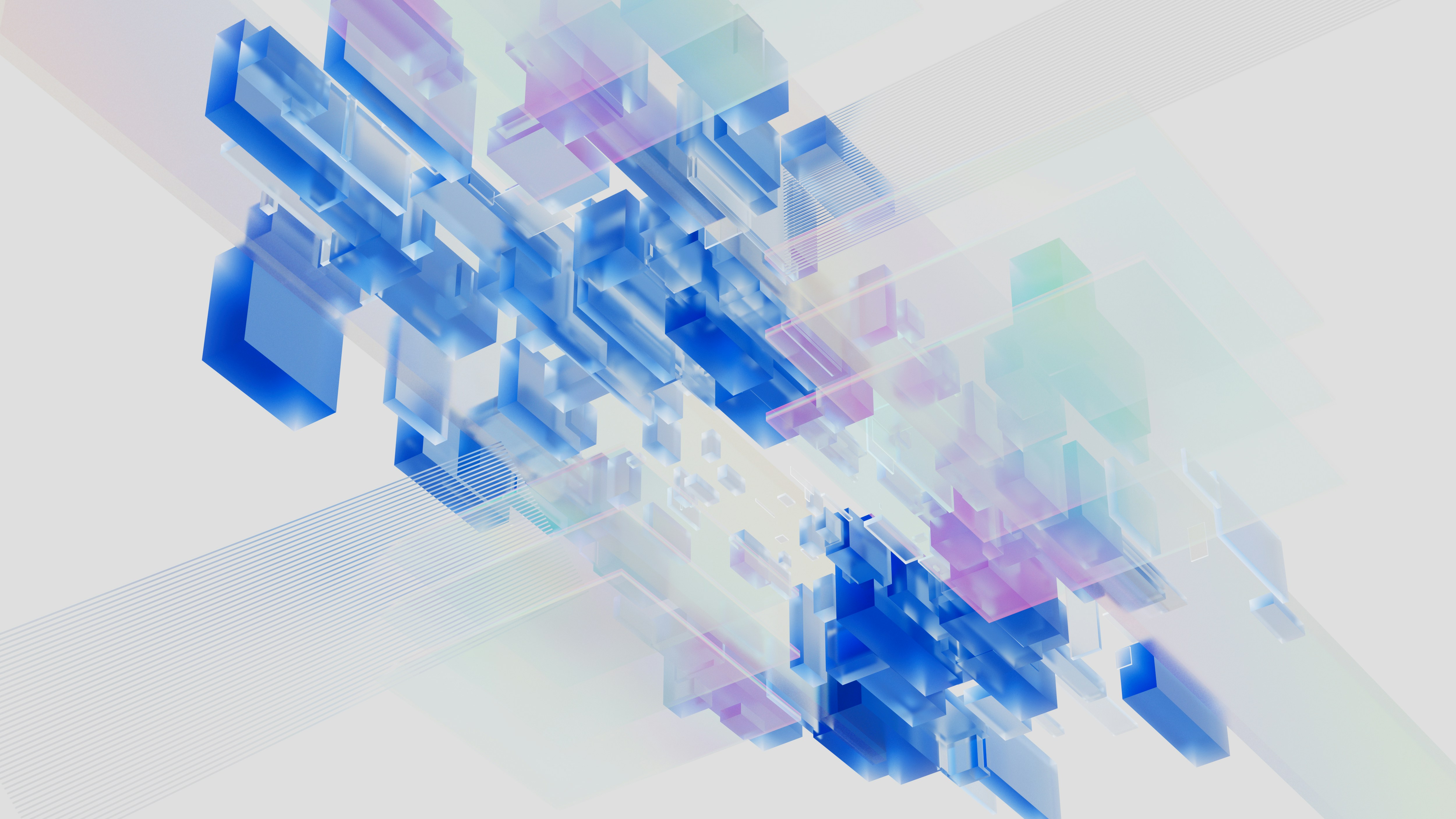The industrial sector, with its multiple components including manufacturing production, engineering, automation, maintenance, and supply chain, is on the brink of a profound transformation, driven by the advent of Industry 4.0. This shift, induced by the convergence of physical and digital technologies, necessitates a reconfiguration of production modes, a reorganization of logistical flows, and a constant adaptation to market demands.
In this context, artificial intelligence plays a structuring role: it allows for the reinvention of production models by providing them with ability for anticipation, autonomy, and continuous optimization. AI is now at the heart of intelligent industrial systems: it detects anomalies before they cause downtimes, forecasts demand with increased accuracy, optimizes energy consumption, and guides strategic decisions based on real-time data.
By its power of modeling, predicting, and controlling, artificial intelligence is not limited to automation: it enhances the capabilities of industrial systems to learn, adjust, and improve their performance without continuous human intervention.
What NeuriaLabs brings to the industry and manufacturing sector
NeuriaLabs supports industrial players such as large manufacturing groups, mid-sized industrial enterprises, equipment manufacturers, subcontractors, and operators of complex infrastructures in their transition to intelligent, agile, and self-adaptive systems, based on robust, explainable artificial intelligence technologies that are directly integrable into operational environments.
We design solutions that reduce downtime, improve production quality, increase responsiveness to uncertainties, and make production lines more resilient to logistical or economic uncertainties.
Our added value lies in our ability to model industrial processes at their finest granularity, identify invisible friction points, and design systems capable of evolving with the environment, machines, and the strategic goals of the company.
Use cases in industry and manufacturing
The concrete applications of artificial intelligence in the industrial world are vast and encompass the entire value chain, from engineering to after-sales service:
• Predictive maintenance of equipment: continuous analysis of signals from IoT sensors to detect drifts, model probable failures, and plan interventions before a critical failure occurs.
• Automated quality control through artificial vision: inspection of parts or assemblies using intelligent cameras coupled with neural networks to identify production defects in real time without interrupting the line.
• Optimization of the overall yield of production lines: multivariate analysis of production parameters (speed, temperature, pressure, humidity, machine load) to dynamically adjust instructions and maximize compliance rates.
• Simulation of industrial scenarios: creation of digital twins allowing to virtually test production strategies, workshop reconfigurations, or logistical impacts without disrupting actual production.
• Demand forecasting and capacity adjustment: predictive models incorporating commercial data, order histories, and exogenous variables to proactively adjust production to fluctuations in demand.
• Intelligent supply chain planning: optimization of sourcing, production, and distribution times, taking into account uncertainties, potential disruptions, or price variations.
Solutions developed by NeuriaLabs for the industrial sector
NeuriaLabs designs artificial intelligence solutions specifically for constrained industrial environments characterized by high reliability requirements, real-time capabilities, machine compatibility, and complete traceability.
Among these solutions are:
• Multi-equipment predictive maintenance platforms: aggregation of data from sensors in industrial environments (vibrations, temperature, currents, pressures), modeling of degradation curves, early detection of failure signals, and prioritization of interventions by operational criticality.
• Augmented industrial vision systems: modules integrable on production lines or at the end of the line, capable of detecting shape, assembly, or surface defects on complex parts in milliseconds, with continuous learning from field feedback.
• Adaptive production optimization engines: algorithms integrated into SCADA or MES architecture, capable of automatically readjusting production instructions based on upstream or downstream variations, without interruption or degradation of quality.
• AI-driven digital twins: evolving virtual representations of physical systems that allow for anticipating the effects of changes in speed, raw material modification, or workstation reconfiguration.
• Intelligent demand and industrial capacity forecasting: models combining internal data (orders, stocks, schedules) and external data (market, seasonality, trends) to propose optimized industrial planning scenarios.
• Decision support systems for the supply chain: intelligent dashboards integrating prescriptive AI, enabling industrial managers to simulate disruption scenarios, prioritize sourcing, and optimize time-to-market.
All our solutions are designed to be interoperable with standard industrial systems (ERP, MES, SCADA), deployable on-site or in edge computing, and certifiable according to industry manufacturing quality and safety standards (ISO 9001, ISO/TS 22163, IEC standards, etc.).



